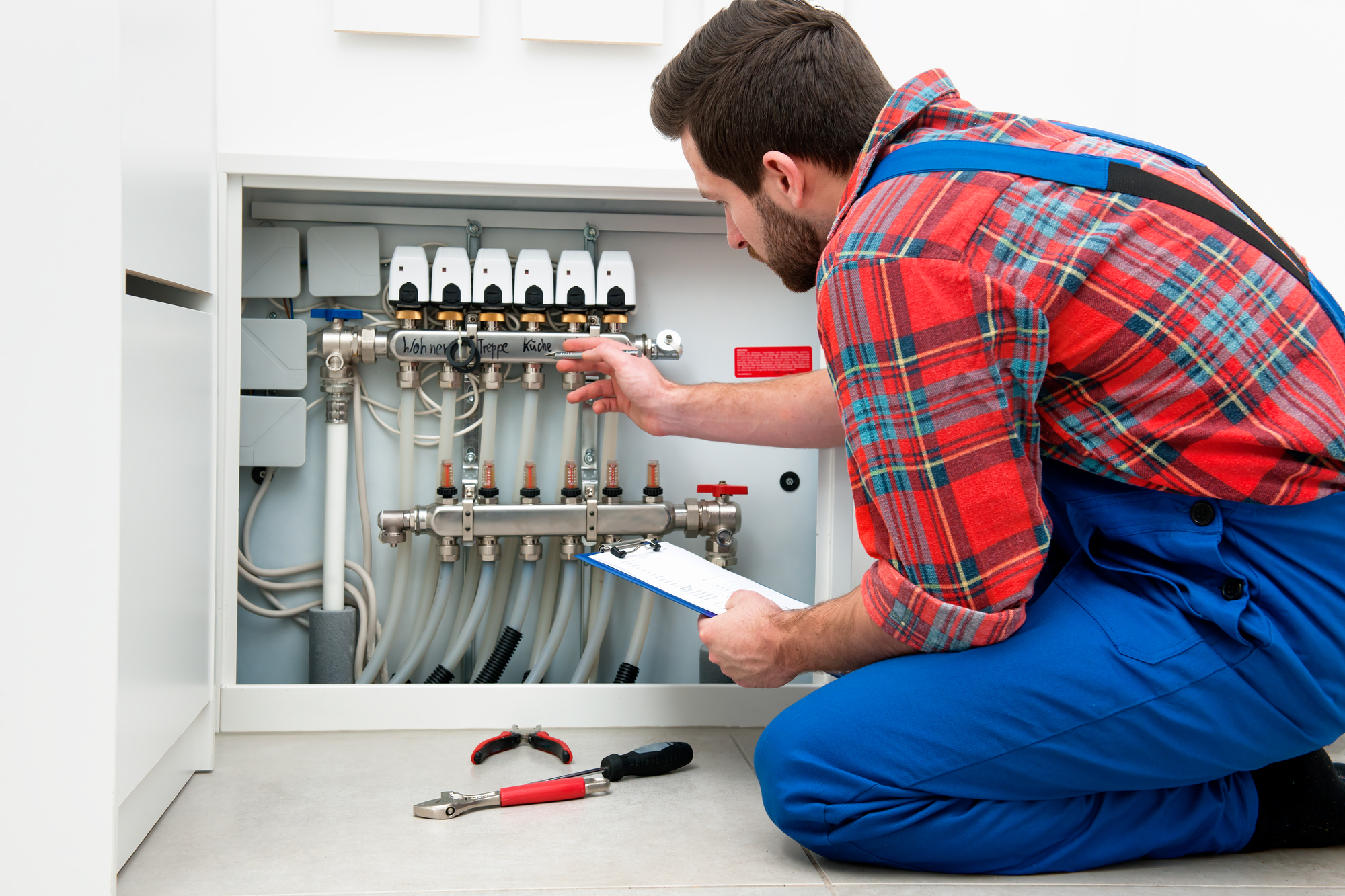As we move into the new year, we can look forward to exciting changes in the plumbing industry. One trend that has been growing rapidly is the move toward electrification in the commercial water heating market. With this shift, businesses can expect to see lower energy bills, reduced greenhouse gas emissions, and increased efficiency.
One of the main reasons that businesses are making the switch to electric water heaters is that they are much more efficient than traditional gas units. Electric heaters have a higher efficiency rating, with some models boasting efficiency levels of up to 99 percent. This is because they can convert all the electricity used into heat, making them much more environmentally friendly and cost-effective.
Another advantage of electric water heaters is that they require far less maintenance than their gas counterparts. With no combustion process, there are fewer moving parts, and there’s no need to worry about the buildup of harmful chemicals. Electric water heaters also have a longer lifespan than traditional gas units, so businesses can save money on replacement costs in the long run.

One of the biggest benefits of electrification in the commercial water heating market is the potential for lower energy bills. With electric heaters, businesses can expect to save money on their energy costs, especially as more states shift to renewable energy sources like wind and solar power. Using renewable energy to power electric water heaters means that businesses can significantly reduce their greenhouse gas emissions and their carbon footprint.
For businesses that are making the switch to electric water heaters, there are a few key factors to consider. First and foremost, it’s essential to choose an efficient model that suits the specific needs of the business. Business owners should consider the size of their property, the number of people using hot water regularly, and their overall energy use requirements.
Another important consideration is whether to use a storage tank or a tankless water heater. While storage tanks are the traditional option, tankless heaters are rapidly gaining popularity for their energy efficiency and ability to provide hot water on demand. Business owners should weigh the pros and cons of each option to determine what will work best for their particular needs.

Despite the many advantages of electrification in the commercial water heating market, there are some potential challenges that businesses may need to overcome. One of the biggest concerns is the initial cost of purchasing and installing electric water heaters, which can be higher than traditional gas units. However, it’s important to note that these costs can be recouped quickly through energy savings and lower maintenance costs.
Another challenge is the potential lack of trained technicians who specialize in electric water heater installation and maintenance. However, as electrification becomes more common, it’s likely that more plumbers and technicians will receive the necessary training to work with electric units.
Overall, the move toward electrification in the commercial water heating market is an exciting development for businesses looking to save money and reduce their environmental impact. By choosing an efficient, high-quality electric water heater, businesses can enjoy lower energy bills, longer lifespans, and reduced carbon emissions. As we move into the new year and beyond, we can expect to see more businesses making the switch to electrification in the plumbing industry.
In conclusion, if your business is looking to make a change in your heating system, an electric water heater may be a good investment to reduce energy bills, lower maintenance costs and minimise environmental impact. To learn more about the benefits of electric water heaters, be sure to visit aceplumbingrepair.com or call the plumbing experts at (844) 711-1590.






